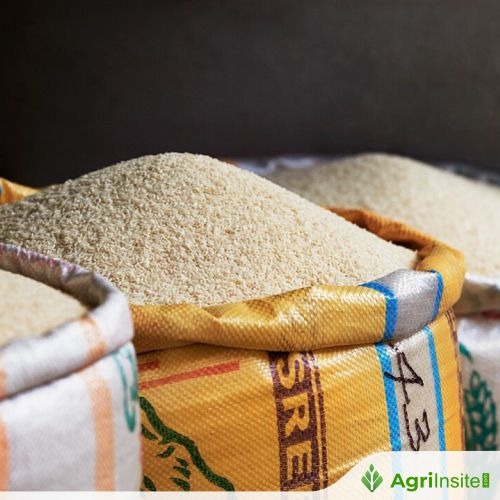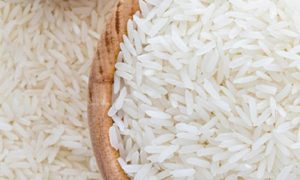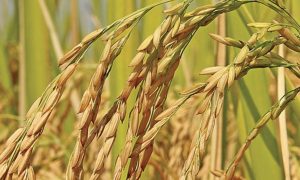Bangladesh : Auto rice millers, govt row over Miniket, Jeerashail

Bangladesh’s rice millers have urged the government to lift the ban on selling Miniket and Jeerashail rice, warning of a looming food crisis. The ban targets misleading branding and excessive polishing. Millers argue it disrupts trade and farming. Authorities cite consumer protection and legal violations as reasons for the restriction.
Auto rice millers in Bangladesh have urged the government to lift the recent ban on the sale and marketing of Miniket and Jeerashail varieties.
They warned that if the ban continued, it could lead to a serious food crisis in the country.
The Bangladesh Rice Industries Association (BRIA), a group of top auto rice millers, recently sent a letter to the commerce ministry requesting the ban be withdrawn.
The letter, sent on July 20, expressed deep concern over the decision made by the Directorate of National Consumers’ Right Protection (DNCRP), which was also published as a public notice in national newspapers.
The DNCRP has instructed rice millers and traders to stop marketing rice under the names of Miniket and Jeerashail.
According to the agency, these are not official rice varieties. Instead, many millers are polishing another variety, BRRI Dhan 28, and branding it as Miniket or Jeerashail.
The DNCRP says this practice misleads consumers and results in huge wastage during polishing.
However, BRIA disagrees, saying the ban is already causing major problems for both farmers and rice millers.
According to it, around 5.0 million tonnes of paddy meant for Miniket and Jeerashail rice are currently stuck with farmers.
Millers and traders also have large amounts of unsold rice in their warehouses.
Due to the ban, many rice mills have stopped buying paddy from farmers. This is causing financial losses in rural areas.
The BRIA warned in the letter that if the rice is not bought and processed soon, about 500,000 tonnes of paddy could rot, leading to a national food shortage. The association asked the government to reconsider its decision for the sake of farmers and to help ensure food security in the country.
The letter was signed by major rice companies like Meghna Group of Industries, Bongo Millers of PRAN Group, ACI, Sadman Agro Food, and others.
Meanwhile, a meeting chaired by the DNCRP director general was held on July 13 to discuss the issue involving all stakeholders.
In the meeting, the DNCRP director general said he had received several complaints from consumers and the media about the rice sold as Miniket.
Many people questioned what steps the DNCRP was taking to protect consumers, he said.
He also mentioned written statements from ACI and Rashid Group about the issue.
Besides, he referred to the 2024 Food Rules, especially Rule 3(a), which forbids harmful practices in food production, supply, and marketing.
He asked everyone to think about whether selling rice as Miniket violates these rules.
Md Afif Al Mahmud Bhuiyan, a deputy director at the Directorate General of Food, said many companies are still selling rice as Miniket even after the new food rules came into effect.
He said this is against the law and punishable.
Only rice varieties approved by the National Seed Board should be sold under their actual names, he said.
Ziaur Rahman, procurement manager of ACI, said that while there is no official variety called Miniket, many people use this name for a slender rice similar to Jeerashail.
ACI markets a type of rice popularly known as Jeerashail, and other companies do the same, he said.
He also said ACI has already informed the Seed Certification Agency and asked it to take action, though no clear policy has yet been implemented.
Md Nurun Nabi of Meghna Group said that although they once sold rice under the name of Jeerashail, it did not become popular.
So, they returned to using the name Miniket for marketing, which consumers preferred, he added.
Md Tofael Hossain of Akij Group said in local markets, especially in Naogaon, people commonly refer to two types of rice as Jeera rice – short grain and long grain.
Most buyers in the region call those Miniket even though that name is not technically correct, he said.
A study in 2023 by the Department of Agricultural Marketing (DAM) found that about 5.17 million tonnes of rice are wasted every year due to over-polishing out of 40 million tonnes of total production.
This wastage happens because local millers polish rice excessively to make it look whiter and more attractive and then market it as Miniket, even though that variety does not officially exist, said the study.
It also showed that despite local production, Bangladesh still has to import 1.0 to 1.5 million tonnes of rice each year to meet the demand.
The DAM warned that the unscientific polishing and marketing practices are harming both the rice supply chain and consumer rights.
To Read more about Rice News continue reading Agriinsite.com
Source : Bangi News















